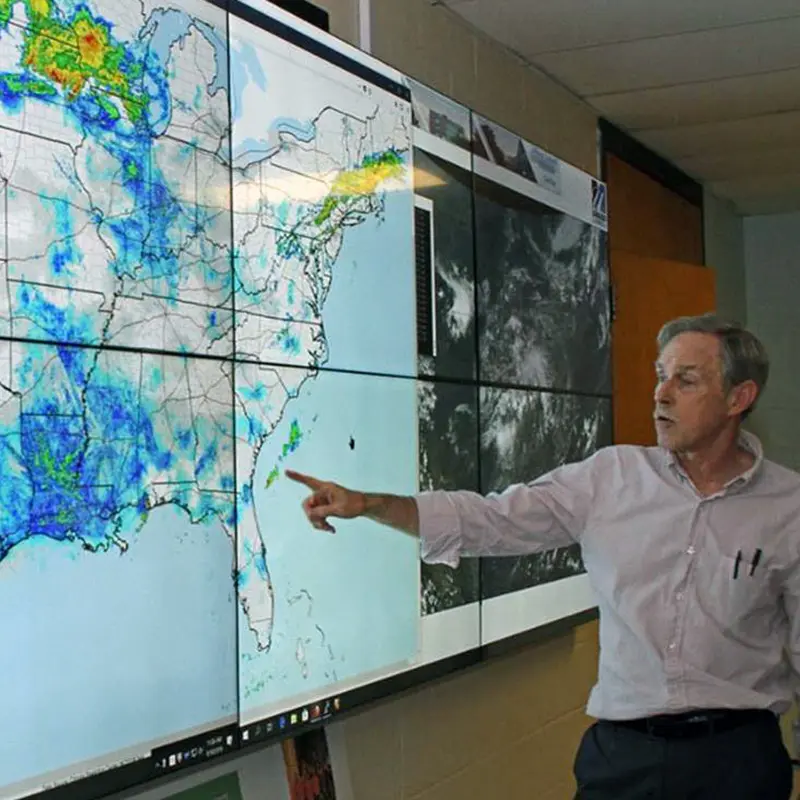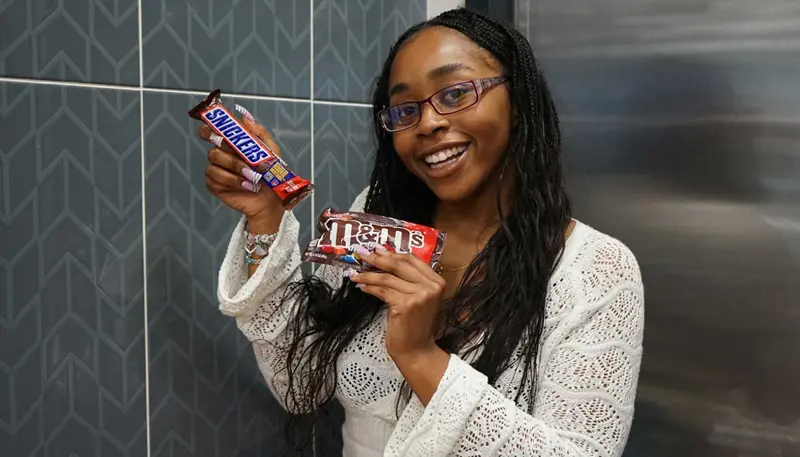
About the Undeclared Sciences Program
The Undeclared Sciences Program allows you to explore a diverse range of scientific disciplines within a close-knit community of students united by an interest in science, the process of discovery, and the applications of scientific knowledge to the world around us.
Within the program, you'll gain an overview of the different majors in the college and associated career paths. You’ll also refine your interests, assess your values, and evaluate your strengths so you can make a more informed decision about which major works best for you.
Exploring the Sciences
A centerpiece for the program is the First Year Seminar SCIE.1500: Exploring the Sciences. This course facilitates the major selection process through guided career exploration activities, cultivating and refining critical decision-making skills, and exposing you to the full range of disciplinary options with the College of Sciences.
During the semester you will have the opportunity to:
- Meet one-on-one with faculty from different scientific disciplines
- Engage with undergraduates from the various departments
- Participate in clubs and organizations matching your interests
- Visit various college facilities including robotics and biology labs, the particle accelerator and nuclear reactor





